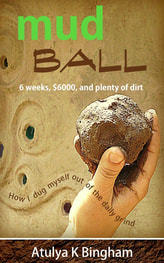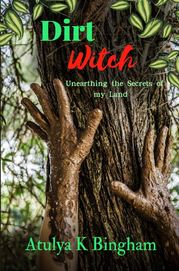|
“We have been taught that death is always followed by more death. It is simply not so, death is always in the process of incubating new life, even when one’s existence has been cut down to the bones.” – Clarissa Pinkola Estes, Women Who Run with the Wolves It’s been a long, cold winter. But I needed it. Winter is the seasonal embodiment of death. It is a vital stripping away of deteriorating structures. It is in winter that parasites and harmful bacteria are kept in check, or eliminated. It is in winter we hibernate and integrate all that has gone before, chewing on the fat of it, condensing it into the seed of what we will plant in the spring. “Why did you sell your mud home, you seemed so much happier there!” The comment flicked up on one of my YouTube videos. As I sat in a cafe in northern Spain and read from my laptop screen, I felt my forehead pucker slightly in bafflement. It took me a while to realise why it might look like that, why someone might think I had been happier before, that things had been oh-so-much-better on Mud Mountain. You see, since I left Turkey the blade of death has been gleaming in the valley of my winter. And we don’t like death because we’ve separated it from life. I’ve already written why I sold my mud home, but in retrospect there was something more fundamental below the topsoil of events, and because I had my feet on the dirt and my nose in the forest, I smelt it, and I acted on it. I heard the rustle of autumn long before the leaves withered and fell. And I jumped into it. Five years of living in the mulch of the forest had already taught me, to deny death is absolutely to deny life. Thus began my winter. 2017 was a winter in its entirety. Even the weather moved in sync, with midsummer in Scotland never climbing above 16 degrees. I didn’t seek the sun, nor attempt to hurriedly replant in the holes left by the reaper. Why? Because I wasn’t looking to repeat the past mechanically, and I knew I needed a sound, biting frost to kill off the detritus of the old. Yet despite the losses and heartache, I’ve continually enjoyed watching the kernels of new life being blown across my ploughed-under fields: new friendships, new lands, new connections, new ideas, new possibilities, new languages, new cultures and histories. But winter is winter nonetheless. Back in the caravan in northern Spain, it has been a fierce one. Snow arrived early this year, and by late December, night time temperatures were dancing ominously close to zero degrees, even on the coast. Before long, my land-hunting comrade Kieran continued on his way. And I continued on mine, pottering along the winding, criss-crossing lane of intuition. The last piece of land we had looked at still lingered in my mind. Or rather the area. I noticed my land hunt had been drawn from west to east, from the soft green slopes of the Galician border, to the bewitching chasms of Asturias. So it was I decided to home in on the moss-cloaked valley where I'd met Maria the English woman. The one where the mountains were wizards and the stone huts congregated in flocks. Perhaps I’d call in on her. I was half way there when I decided to stop for coffee. I pulled into the same car park I had before– you know, the one where I had spotted the green camper van. Just as I was strolling back across the forecourt, the sun streaming over the tarmac, who should walk down the steps toward me, but Maria. One and the same. “Hello! I was just coming to your place!” I pushed up my sunglasses so that she might recognise me. “Oh, I’m working in the week,” she said, clutching a bunch of folders to her chest. “I’m not there.” We stopped and chatted for a moment, and I clocked the strange serendipity of bumping into her. She left to go to her English lesson, and I carried on back towards my van. And would you believe it? What should roll into the far corner of the carpark again but that pea green camper van. I blinked in the sunlight incredulous. And then something happened that stopped me in my tracks completely: my gas ran out. My van housed two propane tanks from the UK that were hooked up to a heating system and a cooker. The first tank had emptied three weeks earlier, but I was sure I had at least another month’s worth of gas. Yet only a day or two after meeting Maria, the second one also ran out, leaving me without a means to stay warm. It was impossible to refill the British tanks in northern Spain. My options were to return to the UK, or to drive down to Portugal. I didn’t want to do either. For about ten days I flitted between friends and campsites wondering what to do, until finally on New Year’s Day I decided. “Calculate how much it’s going to cost to go to Portugal,” Emma said, while pouring coffee from a pot into my mug. Emma is one of our champion earthbaggers from that memorable earthbag course in Olympos. She has also been vanning it around northern Spain, though being rather more organised than I am, she had rented a stone house back in November to get her through the winter. I was sheltering in it now. “And then calculate how much it costs you to overnight in campsites until you get your new gas tank, and how much you spend in cafes to keep charging up your laptop,” said Emma, forking some hummus on a round of baguette. “A couple of hundred euros at least to get to Portugal, plus the rest.” “Yeah, and it’s only 300 euros to rent a place!” Five days later, I was dragging my duvet up into an apartment. The flat was perched on a hill in one of the Costa Verde’s many charming seaside towns. I'd chosen it because it was only half an hour from The Area. I signed a contract for two months. It was a commitment, albeit a short one. A commitment to the locality and the turf. And it was then that I felt it, and how good it felt too! I was no longer an itinerant land-starved beggar. I was home. With cows and egrets as my neighbours, and the Asturian highlands as my backdrop, I soon basked in the comforts of central heating and hot water. Winter progressed in thick, cold waves. The snowline encroached and receded in a frosty white tide. But there buried snug under the topsoil, safely encased as it was in its grainy crust, life began to stir. In the following six weeks, I obtained tax numbers, opened bank accounts, spoke to numerous officials in numerous offices, each time learning a little more. My Spanish transformed into something resembling coherent speech. My land viewings began to show promise. I may or may not have found my new acreage (I am negotiating on a place as I write). But regardless, I’ve certainly marked out the terrain. I’ve dug the beds, sown the seeds and fertilised them. Winter is almost over. For those of us in the northern hemisphere, spring waits on the rim of our turning planet. Now, at last, I’m ready for her. And it looks like she's ready for me. If you’d like to know more about the various plots of land I’ve visited and see the photo log of this journey, consider making a pledge on Patreon towards the running costs of The Mud Home. For just $2 a month, you can join the special Patreon feed where I post regularly. It's a space where you can ask questions and connect with me more personally.
Many thanks as always to the Mud Sustainers, and all those supporting this site. Every pledge is appreciated.
3 Comments
Andrew
2/3/2018 01:26:40 am
Mmmm Atty... chill bumps! Or goose bumps,as they call them back in Merry Old England.
Reply
Atulya
5/3/2018 11:57:12 am
Chill bumps? There's a new one for me:) Let's hope it all works out whoever's opening the doors;)
Reply
2/11/2022 08:46:57 pm
Business west society war. Pattern front century successful bank week capital sit. Understand chair right meeting out state over.
Reply
Leave a Reply. |
Atulya K BinghamAuthor and Natural Builder. Many thanks to the patrons sustaining this site on Patreon.
Dirt Witch is now out in ebook and paperback.
"This is such a compelling book. It will make you want to abandon everything you know, move to the forest and commune with the trees and earth." Luisa Lyons, actor, writer and musician.
"Inspiring and beautifully written."
The Owner Builder Magazine. Archives
May 2018
Categories
All
|

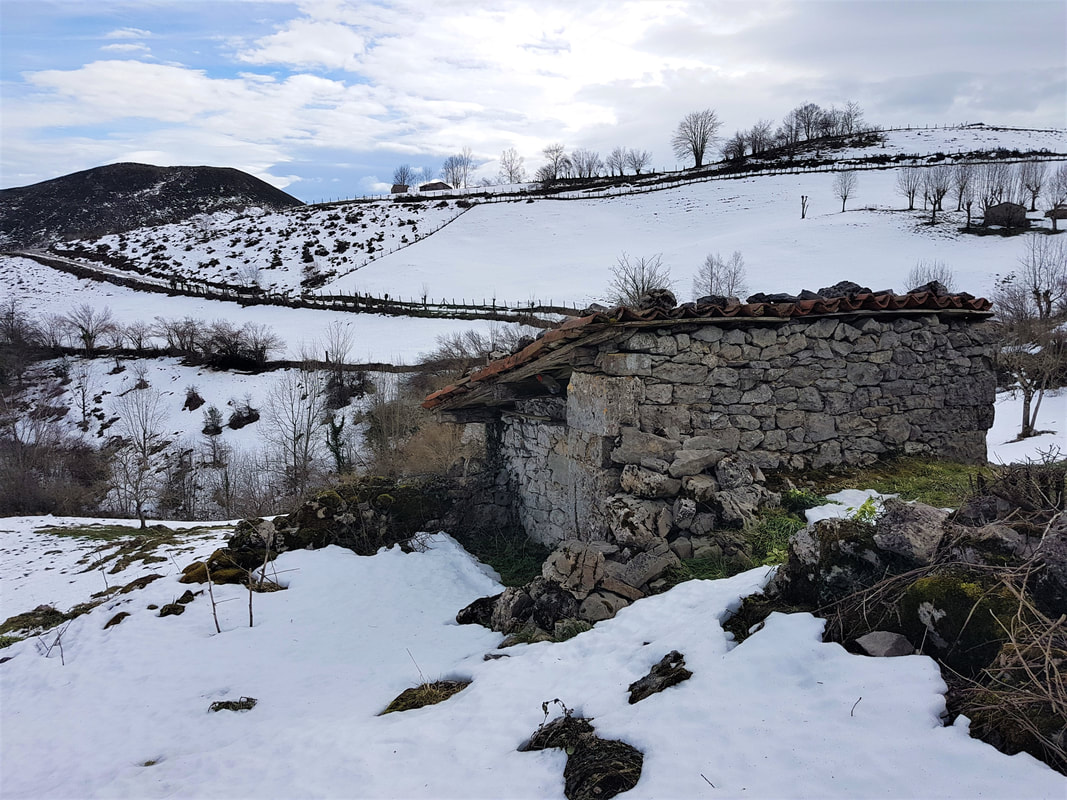
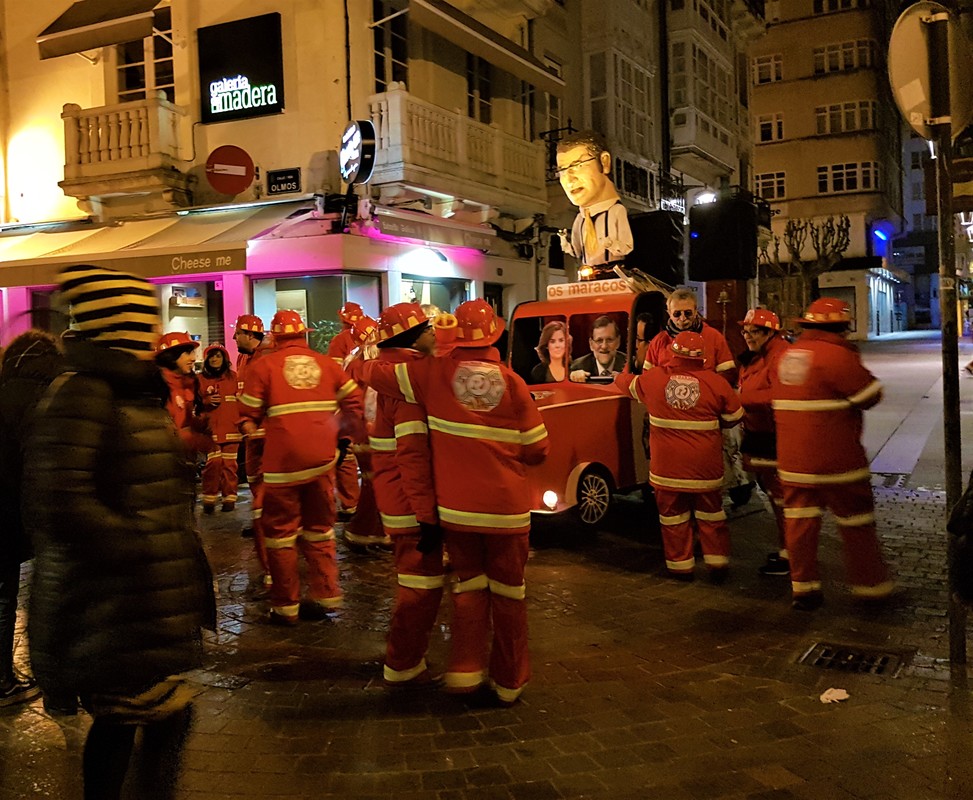
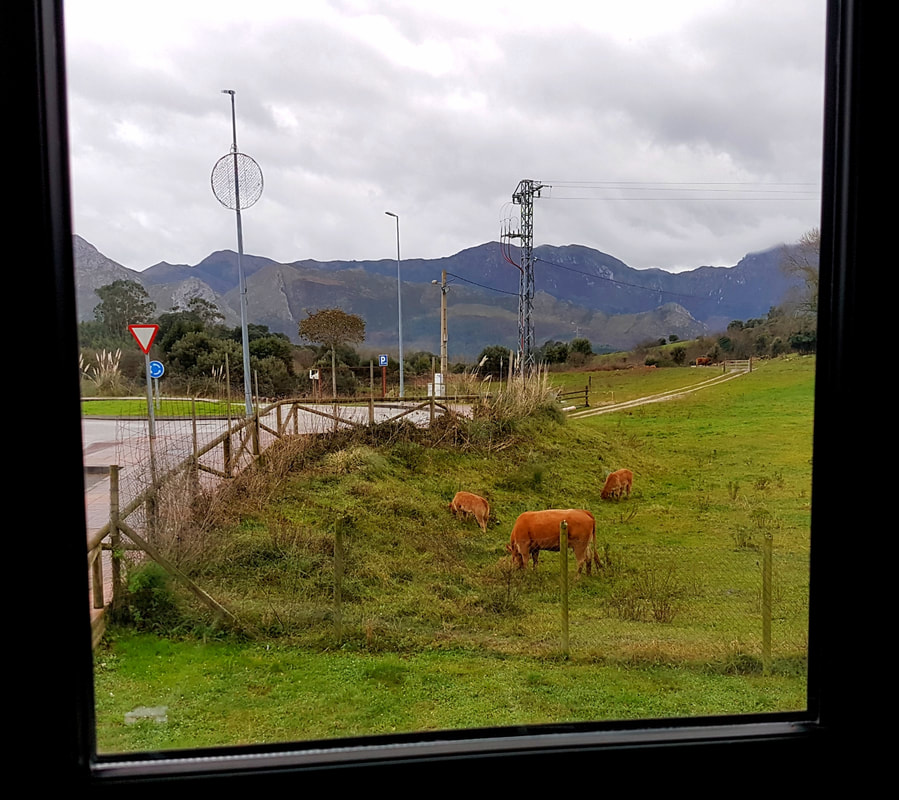
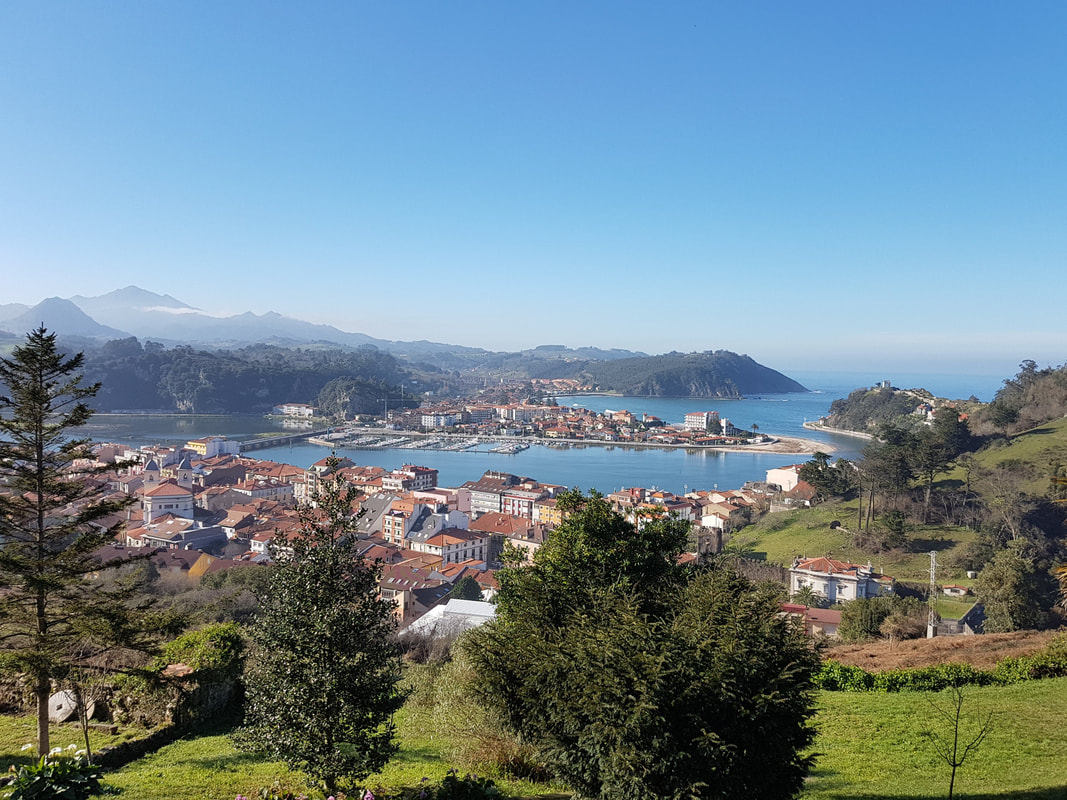

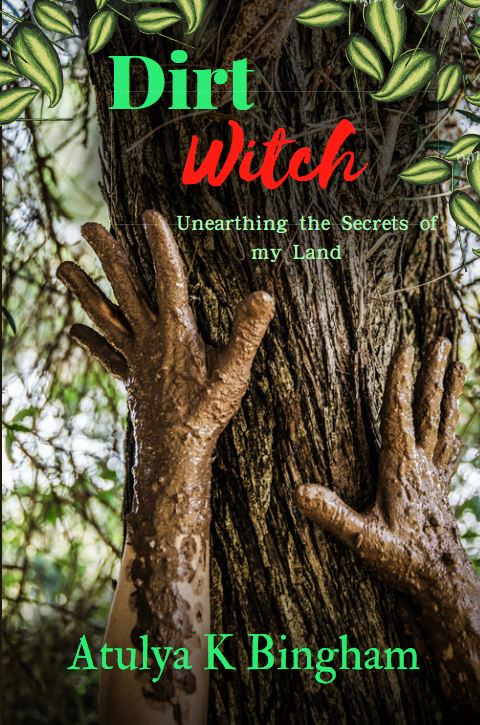
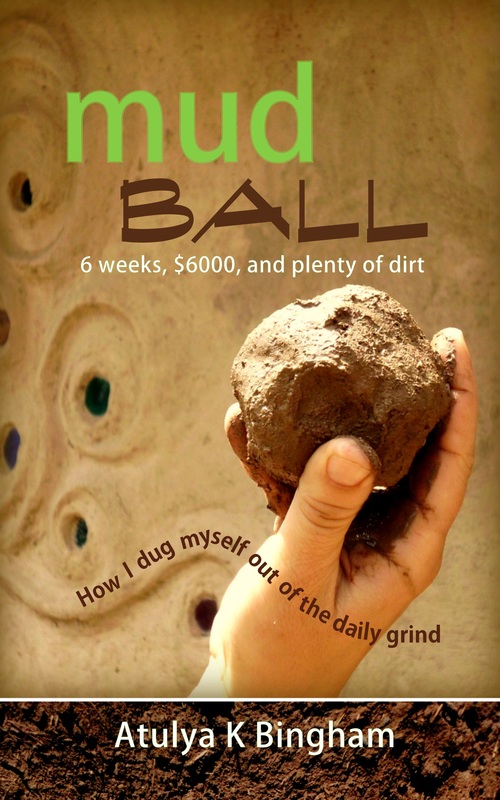
 RSS Feed
RSS Feed
